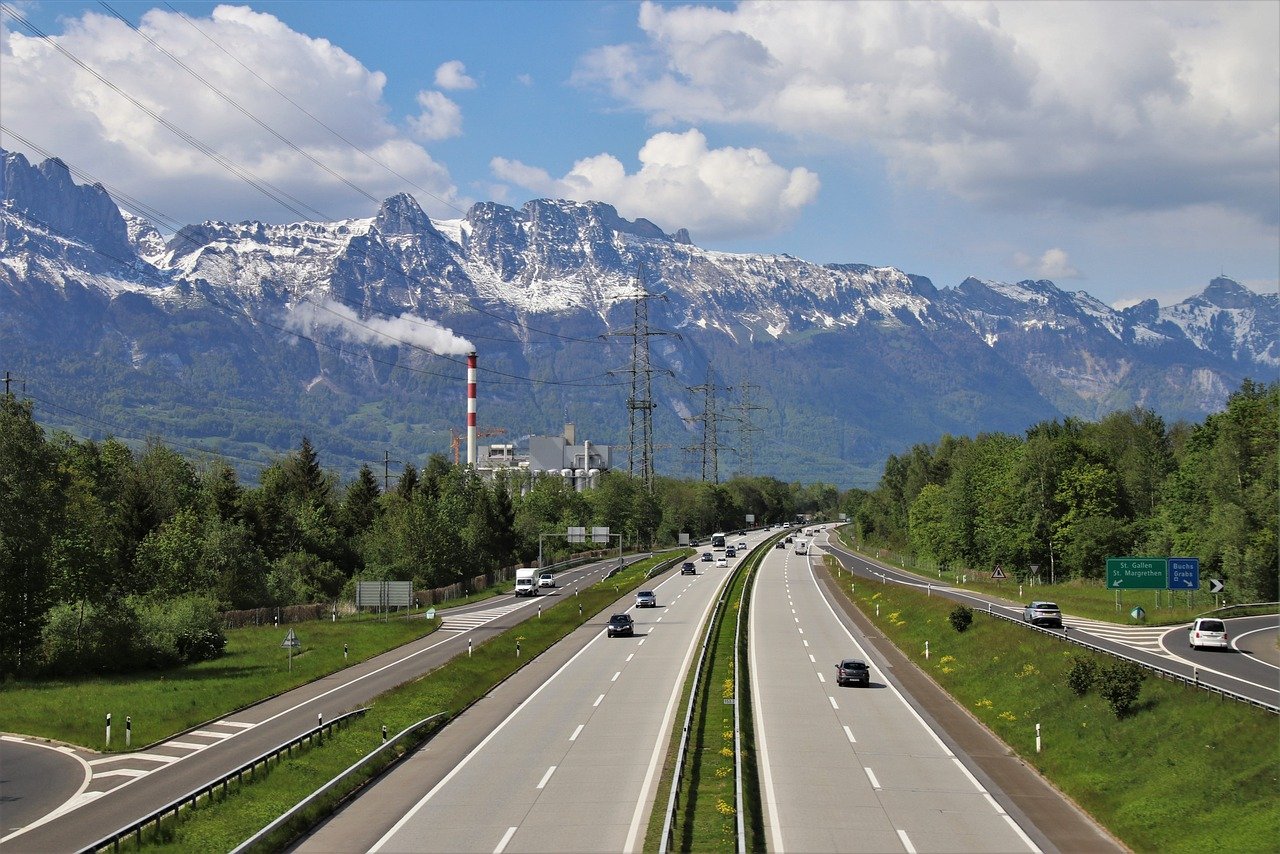Higher costs of flights
From May 1st, the cost of tickets for flights in Germany will go up. That’s because the Luftverkehrsabgabe or ‘aviation taxation and subsidies’ air traffic tax is being hiked by around 20 percent.
The tax increase will depend on the final destination of the trip. Airlines in Germany will have to pay between €15.53 and €70.83 more per passenger and can pass these surcharges on to customers.
The higher ticket tax is part of government measures to save money.
READ ALSO: Should travellers in Germany buy flights before ticket tax hike in May?
Holidays in May
Starting off strong, the very first day of the month is International Workers’ Day or Tag der Arbeit. It is a national public holiday, which means most workplaces, schools and shops will be closed.
Later in the month, Ascension Day (Christi Himmelfahrt), which is also Fathers’ Day in Germany, is on May 9th and is a public holiday or Feiertag.
And May 20th is Whit Monday (Pfingstmontag) which is also a public holiday.
A regional holiday is on May 30th for Corpus Christi (Fronleichnam). Workers in Baden-Württemberg, Hesse, North Rhine-Westphalia, Rhineland-Palatinate and Saarland will likely get the day off. It’s also marked in some parts of Saxony and Thuringia.
Meanwhile, Mother’s Day – which isn’t a public holiday – is celebrated in Germany on Sunday May 12th.
READ ALSO: The days workers in Germany will get off in 2024
Eurovision
You can watch Germany compete in the Eurovision song contest in Sweden this year. The semi-finals are set for May 7th and May 9th although Germany goes straight through to the finals every year as one of the ‘big five’ who fund the contest. The final is on Saturday, May 11th. Germany is being represented by former busker Isaak Guderian, 29, with his song Always On The Run.
The final is always broadcast in Germany on ARD‘s flagship channel, Das Erste.
New label when buying a car in Germany
Anyone buying a new car can look forward to more transparency from May. From the start of the month, dealers will have to provide a label with consumption and emissions data – both directly on the vehicle on display at the dealership and for online offers. This is based on an amendment to the regulation on energy consumption labelling for passenger cars.
Speeding tickets from Switzerland
At the moment, anyone living in Germany caught speeding or parking incorrectly in Switzerland has been able to sit out the often high fines. But from May 1st, speeding tickets from the neighbouring country will also be enforced in Germany. This is being made possible by a new agreement between the two countries. It will also work the other way – Swiss traffic offenders in Germany can also be prosecuted more easily.
The new regulation comes into effect as soon as the fine amounts to at least €70 or 80 Swiss francs. In Switzerland, this threshold is easy to reach because fines are generally high for speeding.

End of Deutsche Bahn Streckenagent app
Deutsche Bahn’s smartphone app DB Streckenagent or ‘route agent’ will be discontinued on May 2nd. Passengers used the service to be alerted about current disruptions. In future, some of the DB Streckenagent functions will be added to the DB Navigator app, which you can use to search for connections, book tickets and get real-time information for regional, local and long-distance transport.
One thing to note is that if you have purchased a Deutschlandticket via this DB app, this subscription will be automatically cancelled on April 30th 2024, as Deutsche Bahn says that it cannot be transferred to another app for technical reasons. Anyone affected can take out a new subscription with the DB Navigator app.
Minimum wage increase for care home employees
There’s some good news for employees working in the elderly care field. The minimum wage will increase on May 1st. In future, unskilled workers will receive at least €15.50 per hour instead of the previous €14.15. The minimum wage will be hiked from €15.25 to €16.50 per hour for nursing assistants and from €18.25 to €19.50 per hour for care professionals. There are also more vacation days for employees.
New bio-diesel at gas stations
Germany wants to become climate neutral – so new and more environmentally friendly diesel fuels are meant to help this goal.
Several new alternatives are to be introduced at gas stations, with the first becoming available over the course of May. Before car owners lift the fuel tank, they should find out whether their car can tolerate the new fuels such as XLT, HVO or B10.
E-scooters banned on local transport in Berlin
Berlin transport operator BVG is banning e-scooters on board its vehicles and in its subway stations from May 1st.
The U-Bahn, buses and trams are affected – but not the S-Bahn which is run by Deutsche Bahn.
BVG said e-bikes, e-wheelchairs and electric mobility scooters are not affected by the ban,
According to the company, the reason for the new regulation is the fire risk posed by scooters.
The association of German transport companies (VDV) recommended in February that customers should no longer be allowed to take e-scooters on public transportation.
New field on ID card to clarify doctorate title
In Germany, the ‘Dr.’ field on ID sometimes causes problems for foreign border authorities. This is to be resolved from May with a change to the ID card. Anyone who applies for a new ID card or passport from May 1st and has a doctorate will receive a new data field to state it more clearly.
READ ALSO: What’s behind Germany’s obsession with doctorates?
AI warnings on Facebook and Instagram
From May, the Facebook group Meta will leave more photos and videos created or manipulated by artificial intelligence online with warnings on its platforms (e.g. Instagram, Facebook, Threads) instead of deleting them. The rules relate to content on important topics where the public could be misled.




 Please whitelist us to continue reading.
Please whitelist us to continue reading.
Member comments